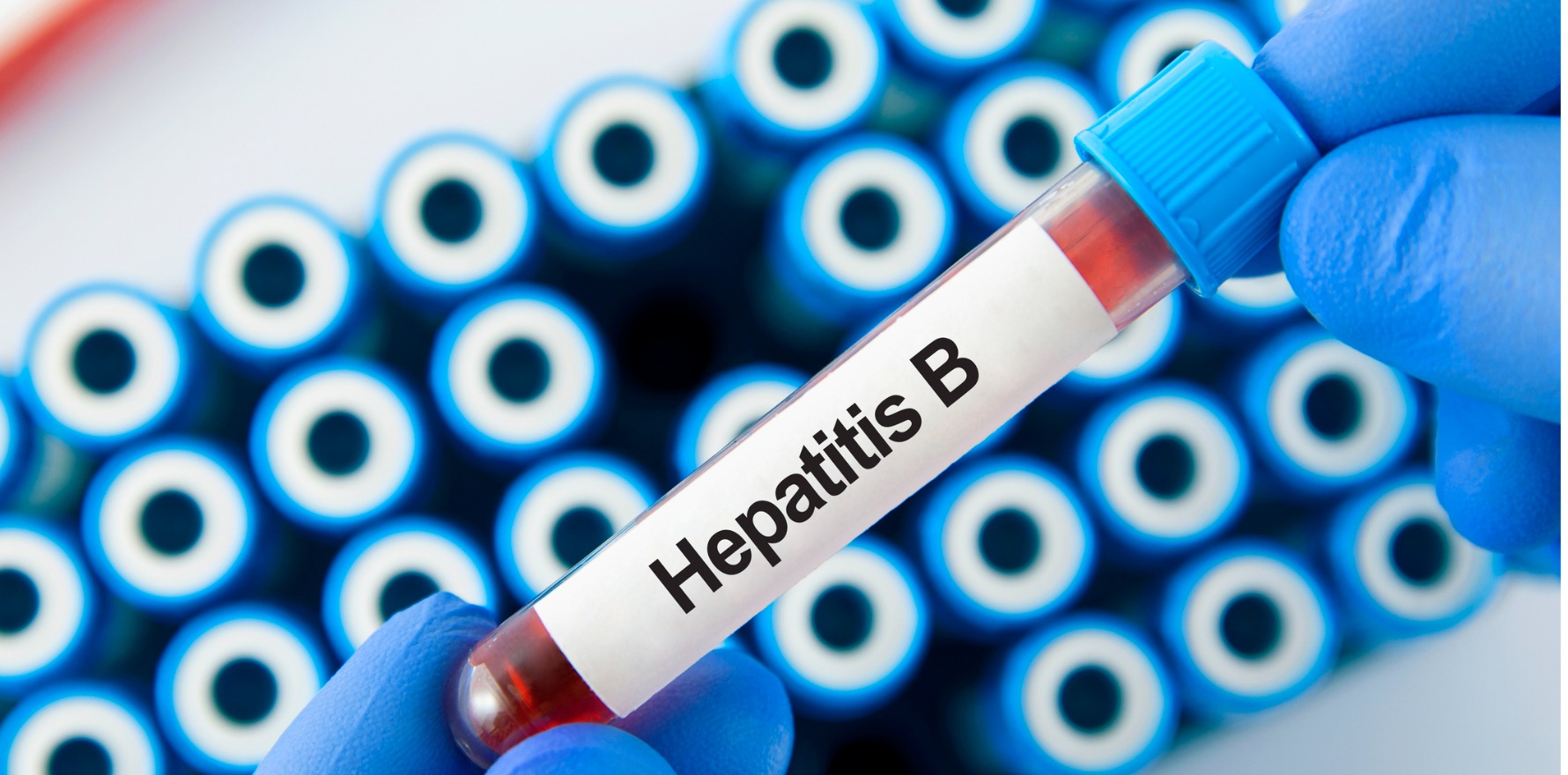Hepatitis Australia has called for a national testing program to help meet WHO hepatitis B diagnosis targets.
Hepatitis Australia has called for a nationwide rollout of hepatitis B testing for people aged over 25.
Newly released data from Hepatitis Australia confirmed the virus’ role in the rise of liver cancer deaths in Australia, with one in four people living with chronic hepatitis B dying from liver cirrhosis or liver cancer.
“Primary care is a crucial setting for early detection and management of chronic hepatitis B (CHB) and it is contingent on primary care clinicians’ ability to detect, diagnose, monitor, and manage CHB among their patients,” Lucy Clynes, CEO of Hepatitis Australia, told The Gut Republic.
Currently, a predicted 73% of Australia’s hepatitis B patients have been diagnosed, with Hepatitis Australia aiming to reach at least 90% diagnosed by 2030.
This will lead to greater prevention of the disease to progress to more serious liver conditions that would place further pressure on Australian healthcare.
“Prevention of liver cancer is one of the most cost-effective cancer prevention programs that that we know of,” Professor Ben Cowie from the Doherty Institute told GR.
“There was a study from well over 15 years ago now, from the Cancer Council of New South Wales, which estimated that hepatitis B treatment to prevent liver cancer was more cost-effective than colon cancer or cervical cancer testing is in the Australian setting.
“Scaling up testing and linkage to care with appropriate treatment for those who are indicated is highly cost-effective way of preventing death from liver cancer.”
The call has also come as part of Australia’s commitment to the World Health Organization’s targets to eliminate hepatitis B as a public health threat by 2030, which Professor Cowie predicts will not be achieved globally by the deadline.
“That’s not a reason to not keep trying and accelerating and trying to achieve that target, because every person we diagnose and get into care is a person that we may be saving from liver cancer in the future,” Professor Cowie told GR.
A study published by the Burnet Institute supported the concept of universal hepatitis B testing to meet WHO diagnosis targets.
The study stated that a national testing program would be a cost-effective approach if it was in combination with high rates of clinical management and low-cost testing.
Hepatitis Australia said the testing expansion was grounded within the federal government’s draft Fourth National Hepatitis B Strategy that is aligned with the WHO targets.
“Hepatitis B elimination in Australia is grounded in a partnerships-based approach which sees community, clinicians, researchers and government work together to achieve good outcomes for people and communities affected by hepatitis B,” Ms Clynes told GR.
Hepatitis Australia has also made calls for further funding to implement the universal testing offer in primary care for all Australians born after the year 2000.
“The 2024-25 federal budget allocated $7.8 million for hepatitis B projects in a budget measure spanning two years,” Ms Clynes said.
“Hepatitis Australia’s federal budget submission built in a universal offer of testing as a key pillar of a National Hepatitis B Project which would leverage a suite of activities which are designed to mutually reinforce and strengthen outcomes.
“It is crucial that people are connected to appropriate care and community-based support.
“Because of the stigma, discrimination and misinformation associated with hepatitis B, many people need additional support to stay connected with care.”


